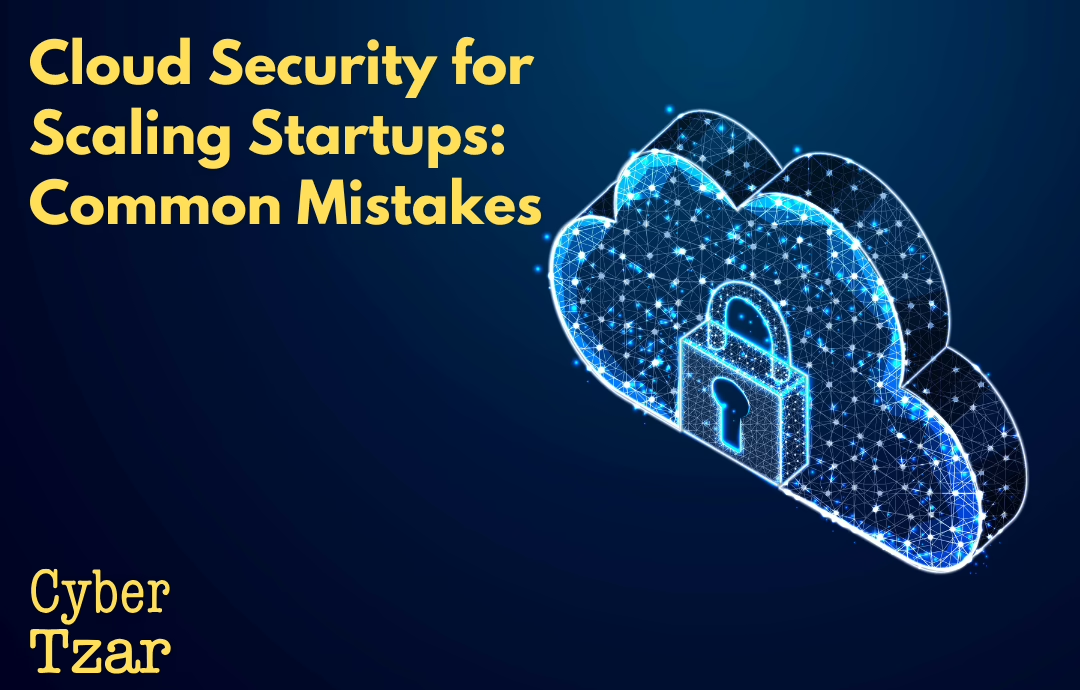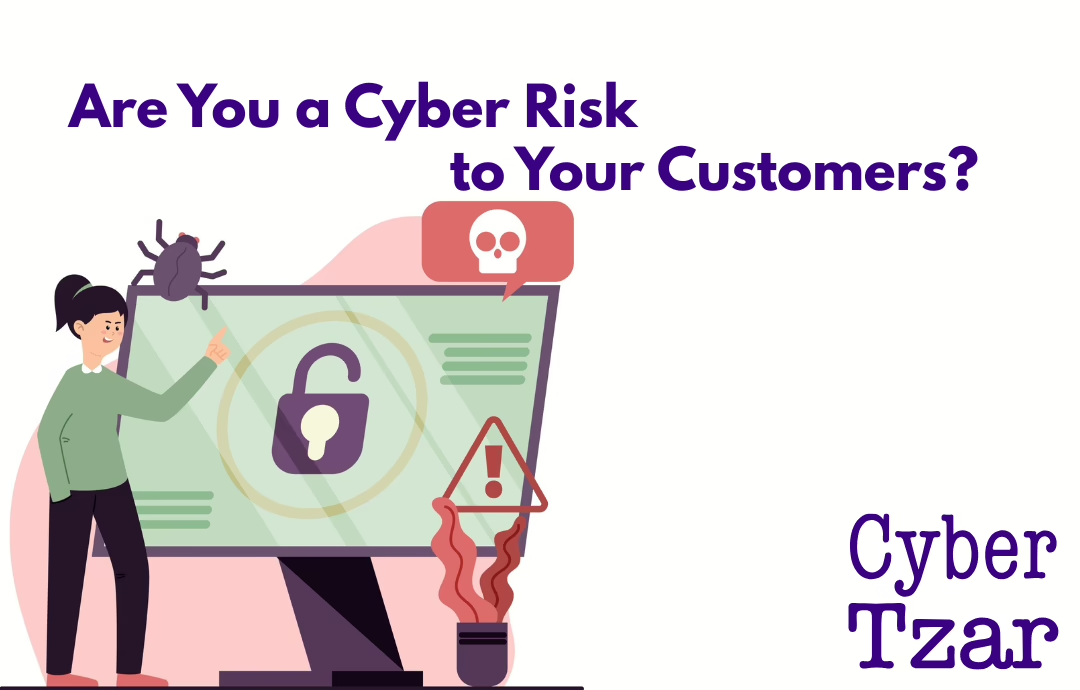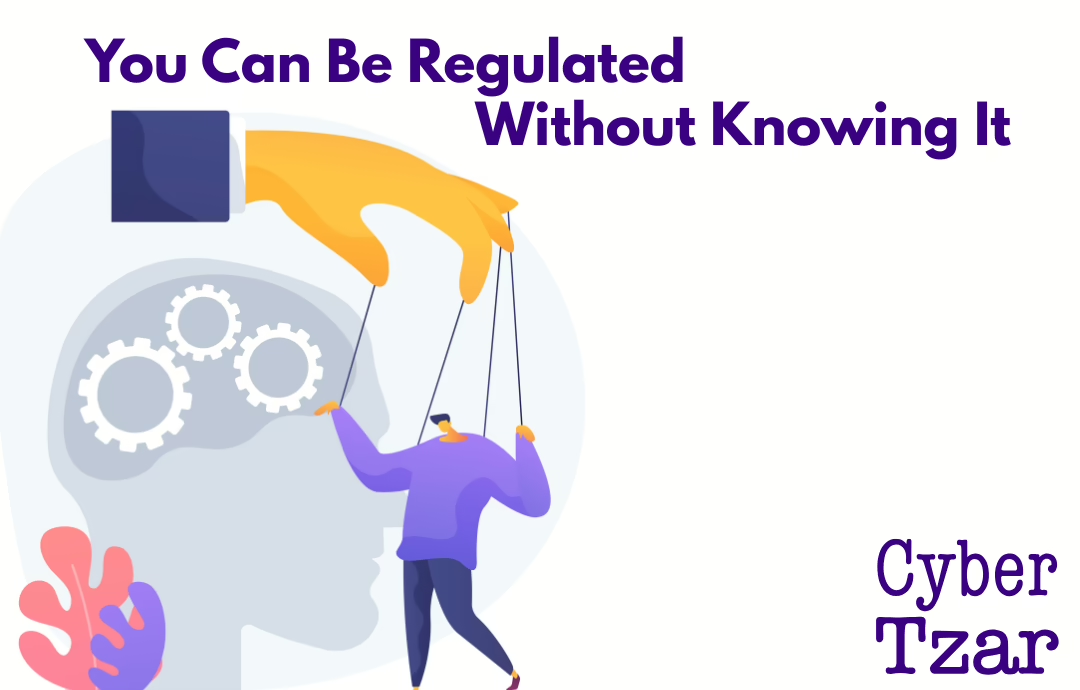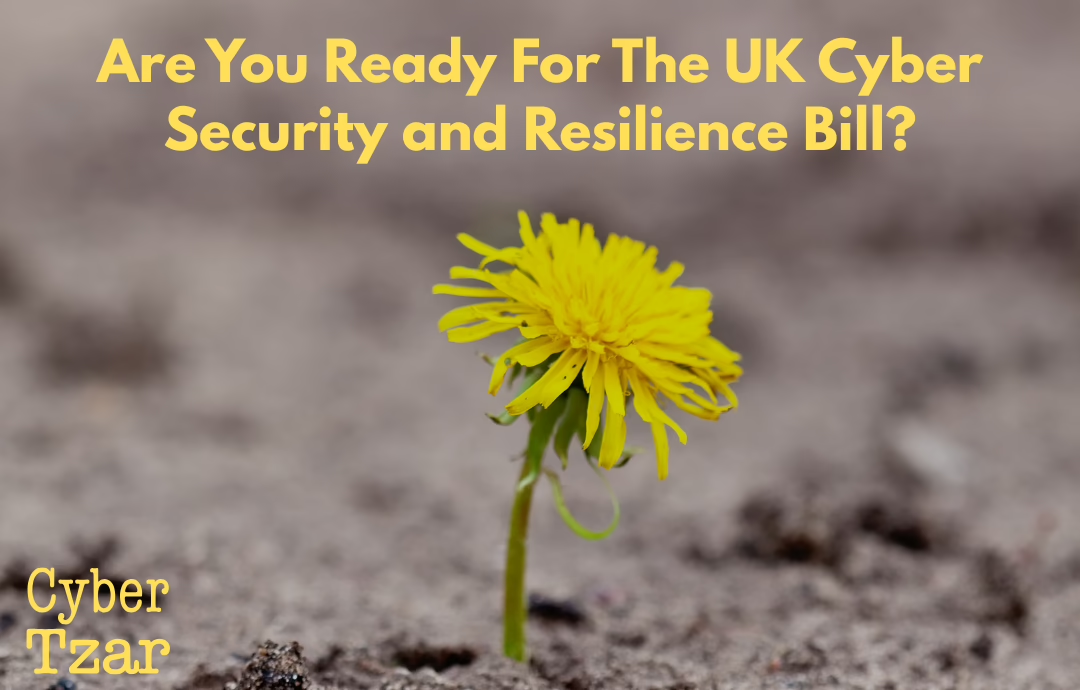Cloud computing has democratised access to infrastructure. Today, a two-person startup can deploy globally, store terabytes of data, and launch services in hours. But with this power comes risk — and for scaling startups, cloud security is often the weakest link.
In 2025, VCs, partners, and insurers are paying closer attention to cloud configurations, and so are attackers.
If you’re growing fast, here are the common cloud security mistakes that could put your data, your funding, or your reputation at risk.
Why Cloud Is a Blessing and a Breach Risk
💨 Speed over structure – Engineers prioritise delivery over governance
🔐 Default settings – Cloud consoles are feature-rich but often insecure by default
🔗 Third-party dependencies – APIs, plugins, and SaaS tools widen the attack surface
🧑💻 Inexperienced DevOps – Startups often lack dedicated cloud security staff
🧳 Leaky storage – S3 buckets and public blobs are still misconfigured every day
The Most Common Cloud Mistakes (and How to Avoid Them)
1. ❌ Public storage left open
Cloud storage containers (e.g. S3, Azure Blob, GCS) are often publicly accessible without anyone realising.
✅ Use private buckets, enforce encryption, and scan regularly for exposed files.
2. ❌ Exposed admin panels
Management interfaces left open to the internet are prime targets.
✅ Restrict access to known IPs and enable multi-factor authentication (MFA).
3. ❌ Hard-coded secrets in code
API keys, tokens, or database passwords embedded in code are a hacker’s dream.
✅ Use secret managers like AWS Secrets Manager or HashiCorp Vault.
4. ❌ Overly permissive roles
Using admin-level credentials for everyday tasks creates huge risk.
✅ Apply least privilege principles and audit permissions monthly.
5. ❌ No logging or alerting
If you don’t know what’s happening in your cloud, you can’t spot breaches.
✅ Enable logging and centralise alerting across accounts and services.
Why Investors and Insurers Now Care About Cloud Posture
📉 Breaches lower valuation – Especially when linked to sloppy engineering
🔍 Due diligence includes cloud scans – Expect it in funding rounds and M&A
📑 Cyber insurance exclusions – Some policies won’t cover breaches tied to known misconfigurations
📊 Cloud resilience is a KPI – Uptime and recoverability now affect board-level decisions
How Cyber Tzar Helps Scaling Startups Secure the Cloud
Cyber Tzar provides:
✅ Real-time scans of public-facing cloud assets
✅ Reports highlighting exposed buckets, vulnerable services, and misconfigured ports
✅ Benchmarks against startup peers in your sector
✅ Guidance to help your dev team fix issues without slowing growth
✅ Output you can use for due diligence, insurance, or board reporting
🚀 Ready to scale securely?
Start a fast cloud exposure scan at cybertzar.com



